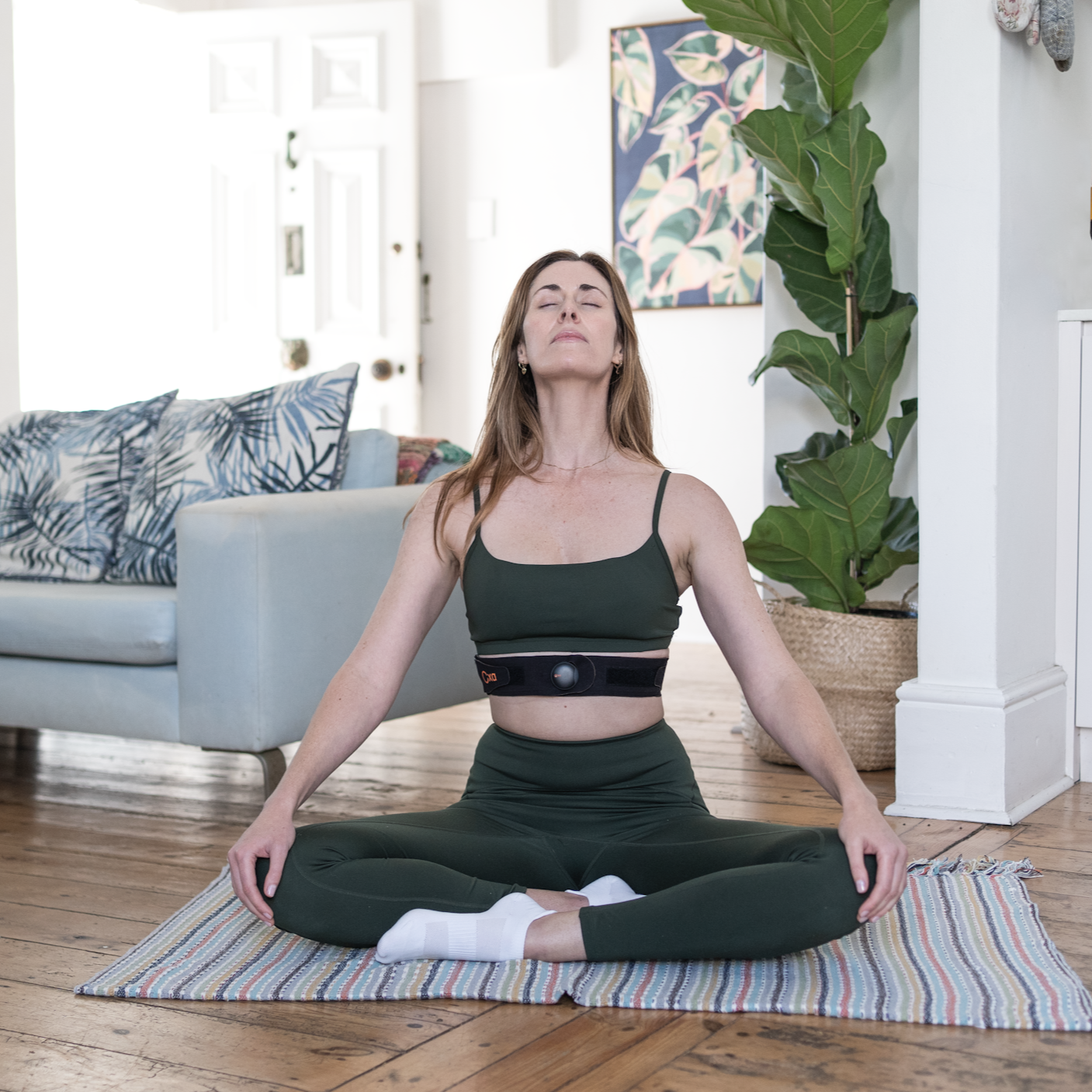How to Manage Overstimulation as a Parent
Parenting is rewarding, but let’s be honest—it can also be loud, messy, and overwhelming. Between constant noise, endless to-do lists, kids needing your attention, and zero personal space… many parents find themselves feeling constantly overstimulated.
Overstimulation happens when your brain and body are taking in more input than they can handle. All of the the crying, clutter, phone notifications, and “Mom, Mom, Mom!” all at the same time are a one way ticket straight to overstimulation.
If you’ve ever felt like you might snap, shut down, or want to hide in the bathroom just to breathe—you’re not alone. Overstimulation is a common experience for parents, especially those who are already juggling work, household responsibilities, or their own mental health needs.
The good news? There are practical ways to manage it. The keys to beginning to manage overstimulating are understanding the contributing factors for YOU, and also what helps, again specifically for YOU.
Why Parents Get Overstimulated
Constant noise and touch: Kids yelling, toys beeping, sticky hands pulling on you—your senses rarely get a break
High mental load: Keeping track of schedules, meals, appointments, and everyone’s needs leaves little room for your own
Lack of downtime: You don’t get the quiet, personal space needed to recharge
Sensory sensitivity: Some parents are naturally more sensitive to sensory input (especially those who are highly sensitive or neurodivergent)
Understanding why overstimulation happens can help you respond with compassion instead of guilt. You may not have noticed overstimulation in the same way before you had children. After having kids, there are MORE triggers with LESS opportunities to regulate.
Signs You’re Overstimulated
Irritability or snapping at small things
Feeling trapped or “touched out”
Racing thoughts or difficulty concentrating
Urge to escape, shut down, or dissociate
Heightened anxiety or physical tension
If you’re noticing these signs, it’s your brain and body saying, “I need a reset.” Try to think of them as signals from your brain and body that you need to make a change and need to choose a coping or regulating strategy to try. Sometimes guilt or shame can creep in when we are reacting in ways that we aren’t proud of, but this reframe can help shift the tone of these from guilt or shame to just informational.
Practical Strategies to Manage Overstimulation
Build in Micro-Breaks
Even 30–60 seconds can make a difference. Step outside, close your eyes, or do a few deep breaths in the bathroom. Think of these as mini recharges instead of waiting for a long break that may never come.
Lower the Sensory Input
Turn down background noise (music, TV, podcasts).Dim the lights if possible.Use noise-canceling headphones or earplugs when it’s safe.Rotate toys so there’s less clutter and fewer sounds competing at once.
Use Grounding Techniques
When you feel overwhelmed, try the 5-4-3-2-1 grounding exercise: notice 5 things you can see, 4 things you can touch, 3 things you hear, 2 you smell, and 1 you taste. This pulls your brain out of chaos mode and back into the present.
Communicate Your Needs
Tell your partner, kids (in age-appropriate ways), or support system what’s happening. Example: “I’m feeling really overstimulated. I need five minutes of quiet so I can come back calmer.” Modeling this also teaches kids how to name and regulate their own emotions.
Create Parent-Only Spaces
Even if it’s a single chair or corner, designate a spot where you can decompress without little hands climbing on you. Boundaries around your space are valid.
Regulate Before Reacting
If you feel like you’re about to snap, step away if it’s safe. Splash cold water on your face, take three slow breaths, or press your feet into the ground. These cues help your nervous system shift out of fight-or-flight mode.
Prioritize Sleep, Food, and Movement
It’s cliché but true—basic needs matter. Hunger, exhaustion, and lack of movement make overstimulation worse. Try to keep snacks handy, delegate when you can, and build small routines that support your well-being.



